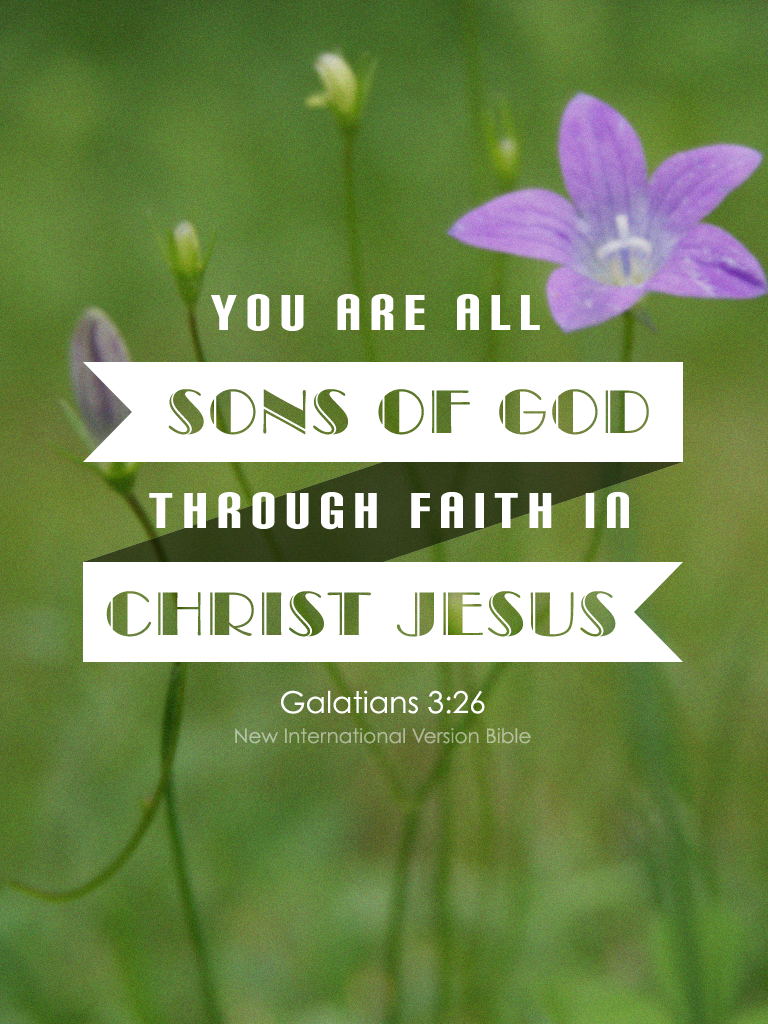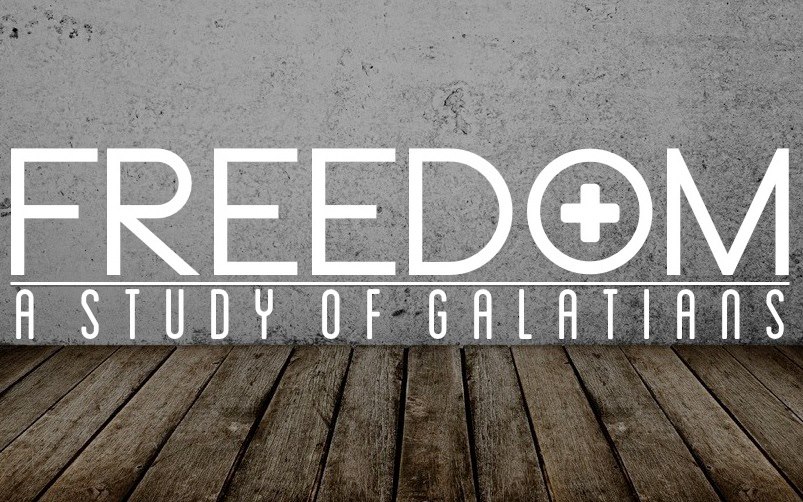
This past weekend, our family was in a regional passion play. There was 45 people in the cast and 18 different churches represented. There was all types of denominations represented; however, we all worked together to tell one story. The story of Jesus. In today’s study of Galatians, we learn how the gospel of Jesus Christ frees us from these dividing lines. Because of Christ’s work on the cross, unity, reconciliation, and healing is possible. How much of that we actually experience is dependent upon if we believe that, and our willingness to surrender to God’s desire for diversity, especially in His church.
Galatians 3:26-28 New International Version (NIV)
26 So in Christ Jesus you are all children of God through faith, 27 for all of you who were baptized into Christ have clothed yourselves with Christ. 28 There is neither Jew nor Gentile, neither slave nor free, nor is there male and female, for you are all one in Christ Jesus.
Paul is writing these words to the church of Galatia which received this false gospel that says this: in order to really be saved, in order to really be accepted by God, you need to conform and assimilate to Jewish culture and tradition. Jesus was Jewish and the first people to get saved were Jewish, so this is the standard, right? Absolutely not. Saved by Grace no matter what race or denomination.
For a second. put yourself in the shoes of these Galatians. Imagine someone is having a party and everyone there has on a pink shirt, and you are the only one that has on a blue shirt. You received an invitation to the party, your meal is paid for, but when you go to sit down at the table someone says, “Wait, you don’t belong at this table. You must have on a pink shirt to sit here.”
And you’re like, “But I have my ticket, I was invited, my meal is paid for.” And they are like, “Nope, it’s not enough. You need a pink shirt.” So now the attention is off of what it really takes to sit at this table, and on what makes you different from them. The truth is, you are different. You have on a blue shirt. But the lie is that this blue shirt somehow disqualifies you from sitting at this table. So then the host of the party comes up, corrects the hater, and is like, “No, I invited her. Have a seat.”
This is what the gospel does. It invites everyone to the table. Paul’s words—”There is neither Jew nor Gentile, neither slave nor free, nor is there male and female, for you are all one in Christ Jesus“—are revolutionary. Gentiles, slaves, and women can sit at the table too? Yes. Because Jesus invited you and paid for your meal. Have a seat.
This message is so important today, because there is so much comparisons of people and churches. We have to remember, being saved by grace through faith makes you a child of God. It doesn’t matter what church you go to or whether that church has fifty members or 50 thousand. In the Body of Christ, we all have a right to be here.
It’s so serious, in fact, that Jesus gave His life so we all can sit at this table. His last prayer before being crucified was for unity in His Church. Who are we to tell someone they don’t belong? Even more, who are we to cower back and not have our seat because we’re afraid it might make someone feel uncomfortable?
Some Jewish Christians were uncomfortable with Gentiles like the Galatians, we’ve been studying. Even one of Jesus’ disciples Peter was uncomfortable with them at one point. But the gospel frees us from having to please people, and it grants us the power to live for God. In Christ, we all have a seat at the table. Jesus gave His life so that we could. Paul reminds us, we are all one in Christ.
Does that mean we forget our unique differences and cultures? Absolutely not. But it does mean those differences have no power to separate us from God or each other if we live in the freedom of this truth. The gospel does not say, “Your differences don’t matter.” If they didn’t matter, God would have made us all the same. The gospel says, “Despite our differences, we can still sit together.” We are all one in Christ, so if we think that we are more special because of the color of our skin, the money in our bank account, our education, or anything other than simply being a loved and accepted child of God, then we don’t believe the gospel of Jesus Christ.
If this is the case, we do not understand why He came and the work that He accomplished. We live as slaves to our egos when we really could and should be living as free daughters of the King.
